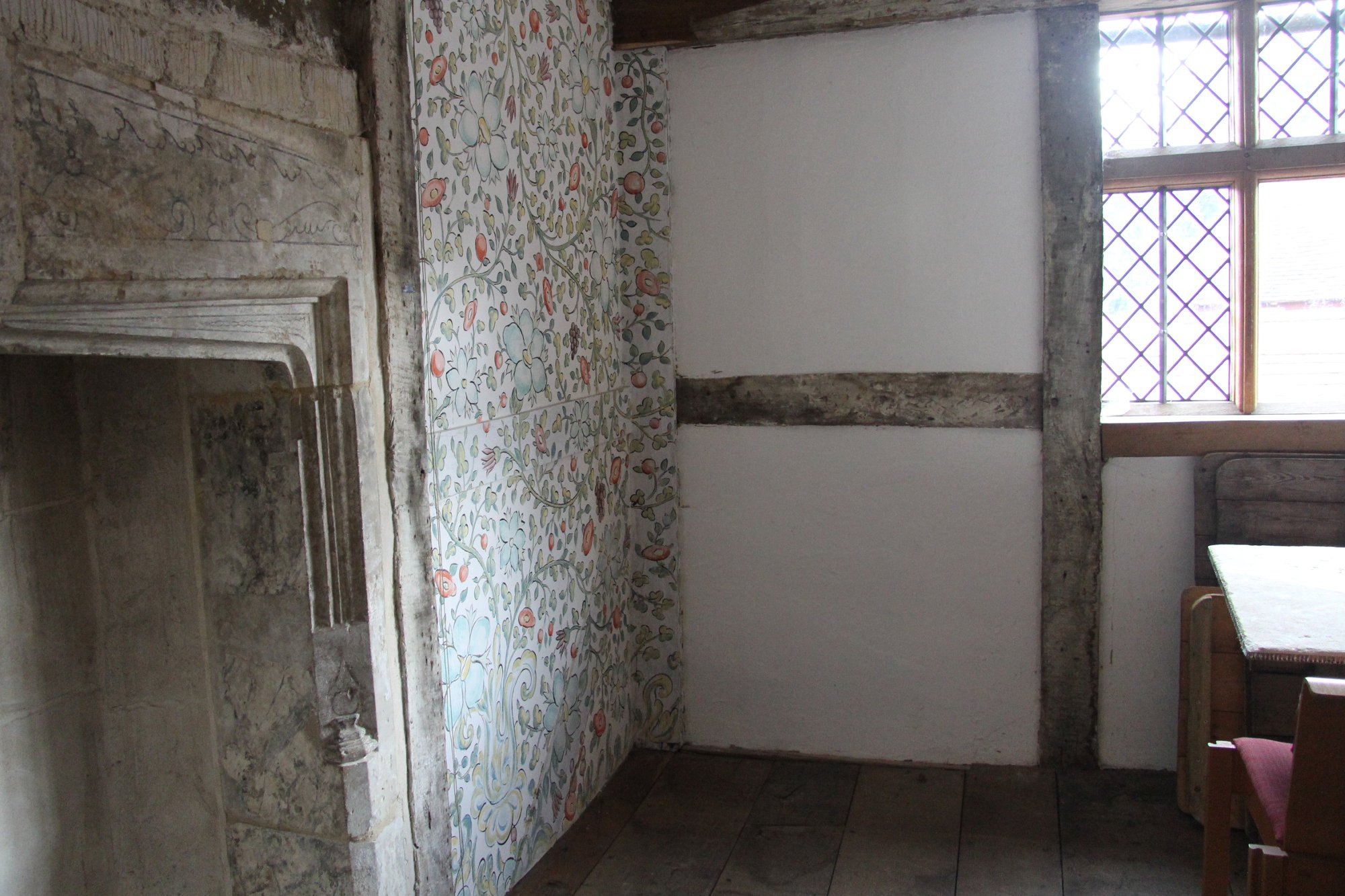This major new AHRC project, running for three years from April 2019 aims to transform our sense of the way reading and writing fitted into the everyday cultural lives of a very important but under-researched group in early modern England - the middling sort - the literate urban households whose members often wrote for a living.
We currently know very little about the cultural lives of these households, partly because they have been of little scholarly interest, and partly because the evidence we need to explore them is cared for by unconnected institutions – libraries, archives, online repositories, and museums – which makes it impossible to see together the textual, visual and material work they authored and created, and that which they bought as entertainment, possessions or decoration.
Unlike their elite counterparts, therefore, we have no coherent view of middling aesthetic practices which would allow us to understand their creativity fully. This is even more remarkable as some of the most popular writers in English, among them William Shakespeare, were members of this group. Understanding how their literary, artistic and material production and consumption related to one another lets us examine fully the creative environment in which the writers grew up and participated. But it also allows us to reach beyond these well-known figures, to explore the impact of those environments on their wives, mothers, sisters, apprentices and servants – individuals for whom a classical grammar school education was not a possibility, but who nevertheless experienced its impact in the domestic and urban environments in which they lived and worked – for example as books in the household, sayings or images painted on the walls.
And through understanding the environments and practices of creativity for these families, this project aims, with its partner the Shakespeare Birthplace Trust in particular, to encourage debate about how the arts might help in overcoming barriers to social mobility today. It will provide historical evidence that speaks to and allows us to interrogate our contemporary tendency to dissociate economic entrepreneurship from the rich aesthetic and cultural contexts that encourage it and benefit from it. Seeing clearly how this group influenced their cultural environments to create social and political change will offer new ways of looking at the relationships between social status, creativity and the arts in the present.
The project will analyse five case-study communities and a range of specific households within them (ones engaged in different types of writing that also left evidence of their material choices and investments), drawn from the families of provincial administrators, clerics, professional writers and individuals from the medical, theatrical and print trades, active in the century 1560-1660. We will work with two mutually dependent strands of evidence: literary production and consumption such as the household, personal and urban administrative archives to which these groups contributed; and material production and consumption – the domestic and urban buildings (their architecture, decoration and furniture), clothing and personal objects (including those for reading and writing) with which they were associated.
Analysed together, this information will allow us to reconstruct the full range of middling aesthetic and scribal culture, and the levels of skill and expertise involved in its production, and to share these materials and their implications with a wide audience. In addition to creating educational resources for schools and museums, our work will allow us to recreate a specific example of a middling lifestyle, by digitally modelling a period room, complete with the sounds, lighting and objects of the time. This digital model will give another way to think ‘inside’ the material and textual lives of the middling sort, and to engage others in this work.
Listen to Professor Catherine Richardson talk about the project and its initial findings on the Shakespeare Birthplace Trust’s podcast:
